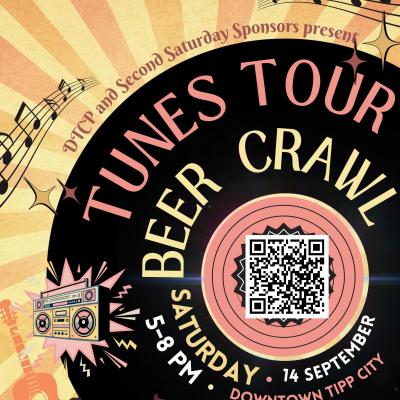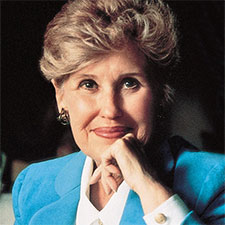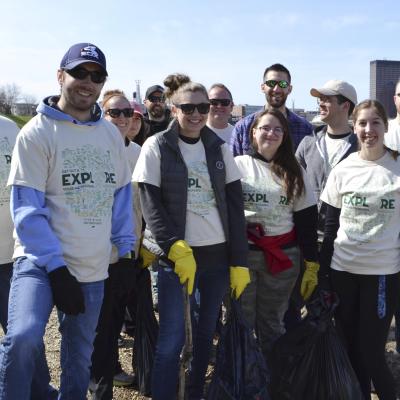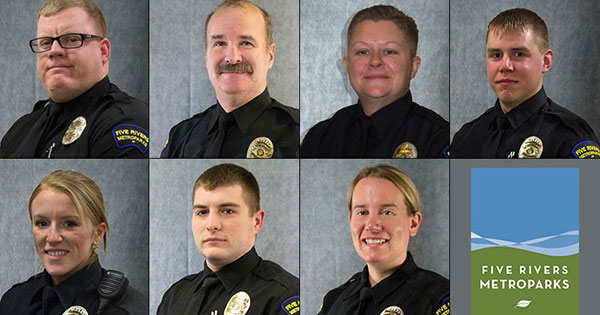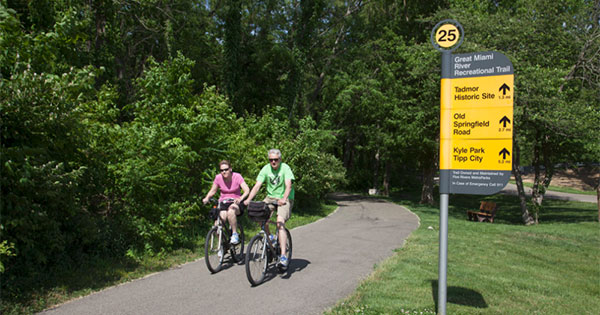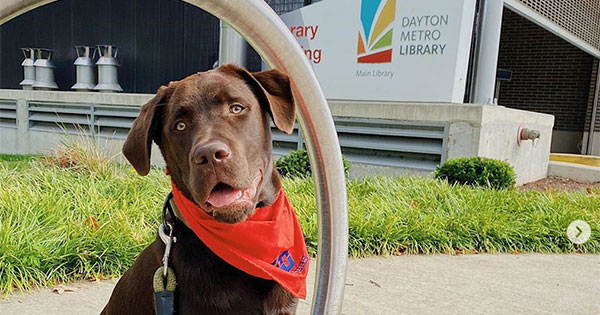
Job-seeking takes hard emotional, social, mental, and physical work, and when we get tired, we become more susceptible to issues that can sidetrack us.
Job Seekers, Beware of These Blind Spots
All new drivers must learn about the concept, and how to compensate for, the “blind spot.” The blind spot is an area on the road that cannot be seen by a driver while looking at the rearview or side mirrors. The driver must turn his or her head in order to see a vehicle in one of these blind spots, all the while remaining attentive to the road…truly a daunting task.
Likewise, job seekers will be faced with blind spots on the road they are travelling. Job-seeking takes hard emotional, social, mental, and physical work, and when we get tired, we become more susceptible to issues that can sidetrack us. This month we are going to discuss four blind spots job seekers face…and how to overcome them.
Blind spot #1: Expecting others to do your work. As we have discussed previously, job-seeking should be a full-time commitment. Rather than state that you are “looking” for a job, be clear about the fact that you are “working to find work.” It is also important to connect with professionals for the purpose of building relationships rather than asking for a job (see my blog on the informational interview for details on how to build these relationships). While it is acceptable to ask others to provide feedback or input, for example, on your resume, do not expect others to do the work for you. It is your responsibility to read, research, and write during your job search. You will learn and grow as a professional in preparation for your next career! Remember that how you practice is how you interview.
Blind spot #2: Too much wandering. Just as you begin driving with a destination in mind, so you must navigate your job search with a plan. Adopt the “AAA trip plan” method by starting with the end in mind. Write down your ultimate goal. Be specific! What kind of a job do you want? What about company culture, benefits, and location? Determine what steps you will need to take to arrive at your destination. Make these your short-term goals. You will need to break down these goals even further and create daily to-do lists. You will feel so accomplished at the end of the day. Remember: keep your destination in mind! Post it where you can see it every day.
Blind spot #3: Being too vague. While it is acceptable to spend time researching new opportunities or fields, you must be specific about what you want. Never indicate that you do not know what you want to do even if you feel this way! Be able to articulate the skill sets you want to transfer to your new career. Practice your “personal commercial” so you introduce and describe yourself accurately and succinctly. Be sure that you leave everyone you meet with a conversation and a business card to help them remember who you are and what you want. Make each meeting unique so others know you value their help!
Blind spot #4: Being too narrow. Every opportunity you have to speak with other professionals should be considered a gift. You may often be asked about your willingness to do something seemingly new, challenging, or unconventional. It is very important to keep an open mind and to realize that working to find a new career may involve stepping outside of your comfort zone. Your refusal to commute farther, try your hand at a new type of position, or in some cases unwilling to relocate could harm your chances of securing employment. Many job seekers must take a “detour” to reach the destination they eventually want. Plan ahead so you know how to navigate around these detours!
Though the job search, like all of life, is filled with blind spots, you can arm yourself with the knowledge you need to avoid them. It is your job to work hard, plan ahead, be specific, and remain open-minded. Safe travels!
Thank you to Tom Sand, a local HR professional, who contributed to this blog!


